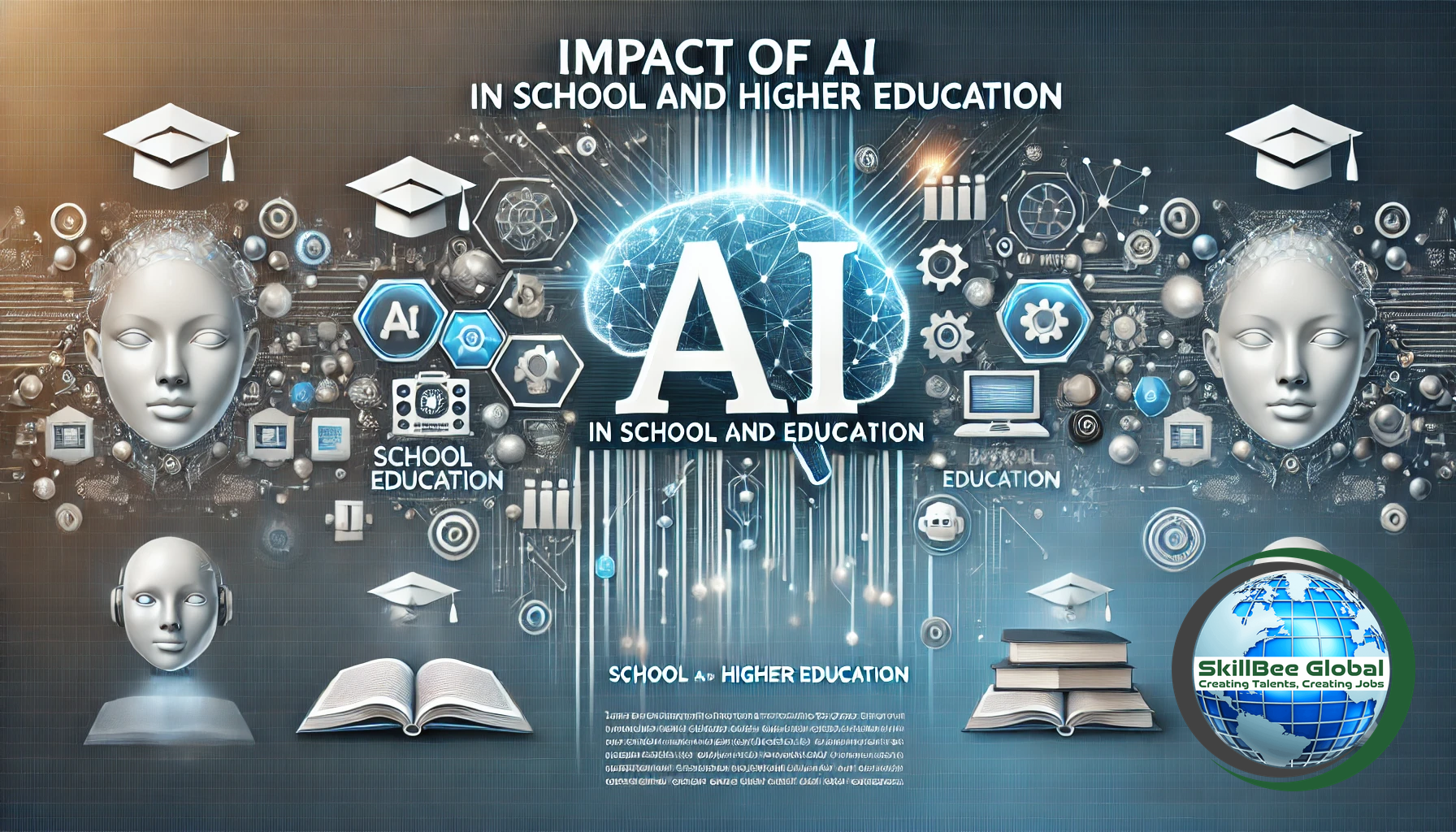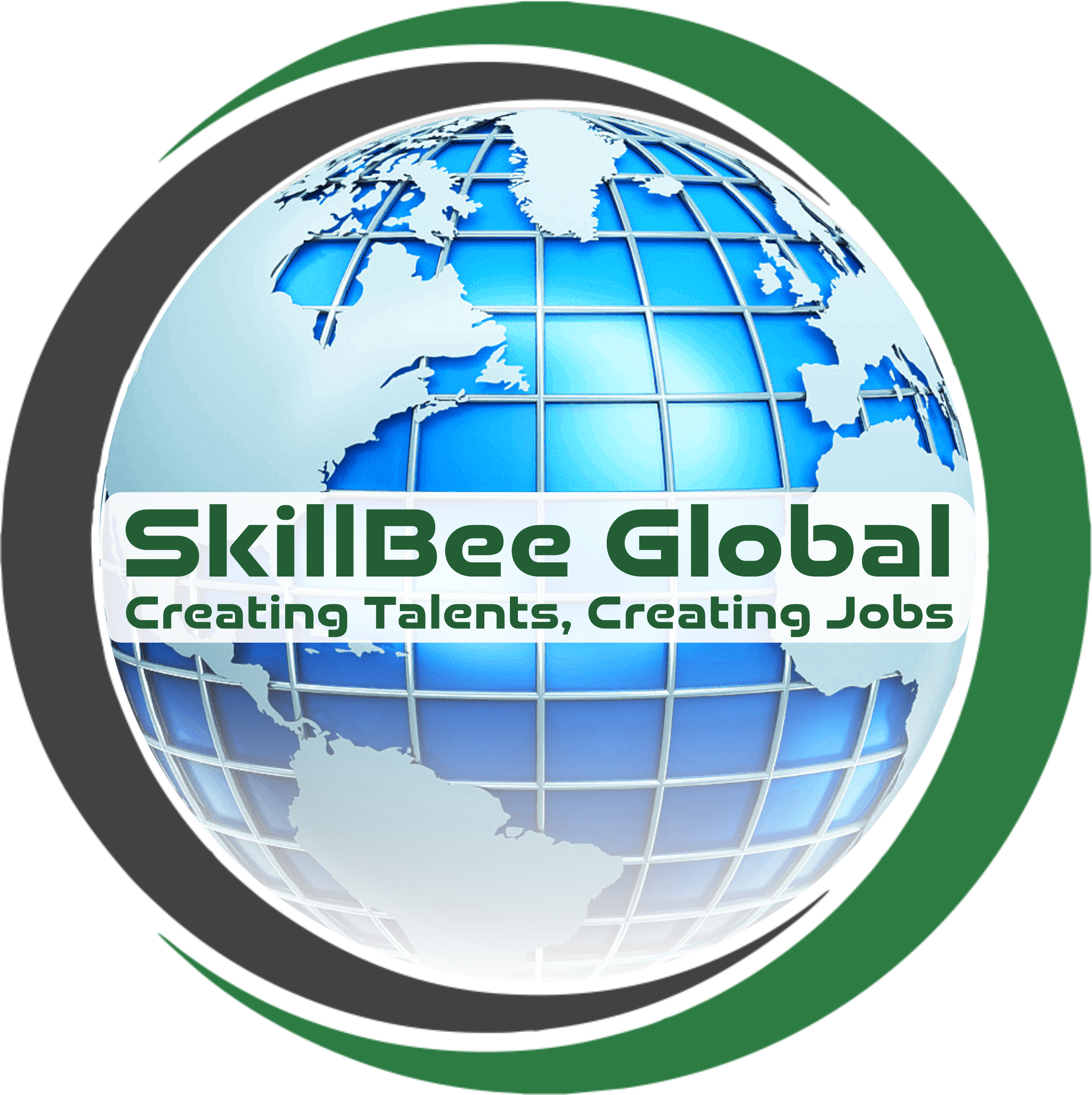
Education is often hailed as the cornerstone of individual and societal progress. Yet, a critical question lingers: Is traditional education truly preparing students for the demands of the real world? In an era where industries are rapidly evolving, the answer often points toward a skills gap. The solution lies in bridging this gap by emphasizing skill development alongside academic learning. This article explores how the "Skills Advantage" can make education work for the real world.
The Growing Skills Gap: Why It Matters
Global job markets are evolving at an unprecedented pace due to technological advancements, automation, and globalization. Traditional degrees, while important, often fall short of equipping students with the practical, job-ready skills employers demand. For instance:
- The World Economic Forum predicts that 50% of all employees will need reskilling by 2025 due to the adoption of new technologies.
- Surveys reveal that over 70% of employers struggle to find candidates with adequate soft skills like communication, critical thinking, and adaptability.
This mismatch between education and employment underscores the need for skill-based learning, which focuses on practical, industry-aligned competencies.
Building the Skills Advantage: Key Focus Areas
Integrating Soft and Technical Skills
Soft skills such as teamwork, emotional intelligence, and leadership are universal in application, while technical skills are domain-specific, like coding, graphic design, or data analysis. A balanced blend is crucial.
Lifelong Learning and Upskilling
The modern workforce must adapt continuously. Lifelong learning involves developing new competencies as industries and roles evolve. Platforms like SkillBee Global offer flexible, dynamic courses tailored to both students and professionals.
Industry Collaboration
Educational institutions need to work closely with industries to design curricula aligned with real-world demands. SkillBee’s SmartRec 2.0, a recruitment and placement platform, ensures students gain the skills industries need while connecting them with job opportunities.
How to Go About Making Education Work
For Students
Identify In-Demand Skills: Research emerging job trends and identify key skills for your desired career path. Platforms like SkillBee Global provide certified courses in AI, Digital Marketing, and UX/UI Design to align with industry needs.
Engage in Internships and Projects: Seek opportunities to apply theoretical knowledge in real-world contexts.
Leverage Online Resources: Enroll in specialized programs like SkillBee’s Artificial Intelligence Foundation Course certified by NASSCOM.
Focus on Personal Branding: Build a professional online presence, showcasing skills, projects, and achievements on platforms like LinkedIn.
For Educational Institutions
Redesign Curricula: Move beyond rote learning by introducing experiential and project-based methods.
Incorporate Skill Training: Partner with platforms like SkillBee to deliver workshops and certifications.
Promote Entrepreneurial Thinking: Encourage innovation through incubation programs and hackathons.
Track Alumni Success: Measure program effectiveness based on graduate employability and adjust offerings accordingly.
SkillBee’s Role in Bridging the Gap
SkillBee Global offers a wide range of solutions to ensure education meets real-world demands:
Certified Courses: Over 240 tech and soft skills programs certified by STEM.org, including Advanced Excel, Power BI, and Cybersecurity, with flexible learning options.
Placement Support: The SmartRec 2.0 portal provides jobseekers access to free career guidance, CV services, and job listings tailored to modern workforce needs.
Workshops and Events: SkillBee conducts on-campus workshops on AI, employability skills, and the future job market to create awareness among students and institutions.
The Role of Technology in Skill Development
Modern technologies like artificial intelligence, virtual reality, and gamified learning platforms can revolutionize education. For instance:
AI-Powered Personalization: Adaptive learning platforms cater to individual student needs.
Immersive Simulations: Tools like VR allow learners to practice skills in a risk-free, virtual environment.
Collaborative Tools: Platforms like Microsoft Teams or Slack prepare students for professional teamwork.
SkillBee integrates these cutting-edge technologies into its training modules, offering hands-on exposure to learners.
A Collaborative Effort for Real-World Readiness
The journey to aligning education with real-world needs requires collective action:
Students must take responsibility for their learning journeys, proactively seeking opportunities to gain experience.
Educational Institutions must foster industry partnerships and revamp traditional curricula.
Employers should actively collaborate with academia to guide skill-building initiatives.
By focusing on the "Skills Advantage," we can ensure that education is no longer just a pathway to a degree but a gateway to a fulfilling career in the real world.
Conclusion
The future of work demands more than academic credentials; it demands a workforce equipped with relevant skills. The "Skills Advantage" is not just an option; it is a necessity. By bridging the gap between education and employment, we can empower individuals to thrive in the modern economy.
SkillBee is at the forefront of this transformation, offering innovative training solutions, certifications, and placement services to help students and institutions align with the needs of tomorrow. Whether you’re a student looking to upskill or an institution aiming to empower your graduates, SkillBee is here to guide you.
Explore our offerings at skillbeeglobal.com or connect with us for more insights into creating a skill-driven future.
Thought Leadership: CHINNAPPAN Paul
Comments (0)
Categories
Recent posts


Upskilling Employees -Top 10 Benefits ...
8 Aug 2024
Projected Hiring Trends in 2025 Indian ...
11 Mar 2025
The Importance of Skill Education: A ...
8 Aug 2024




